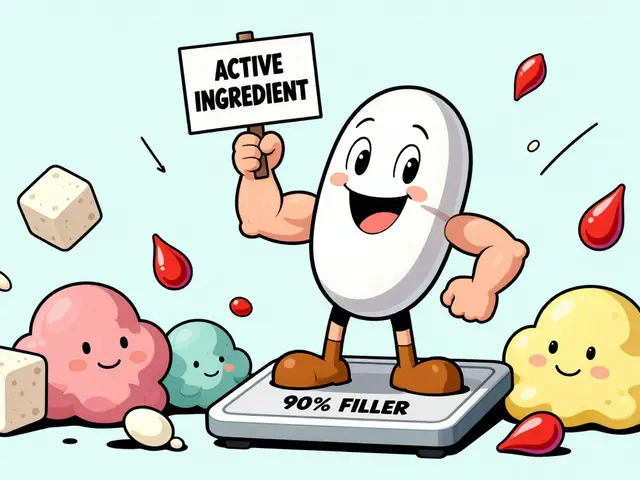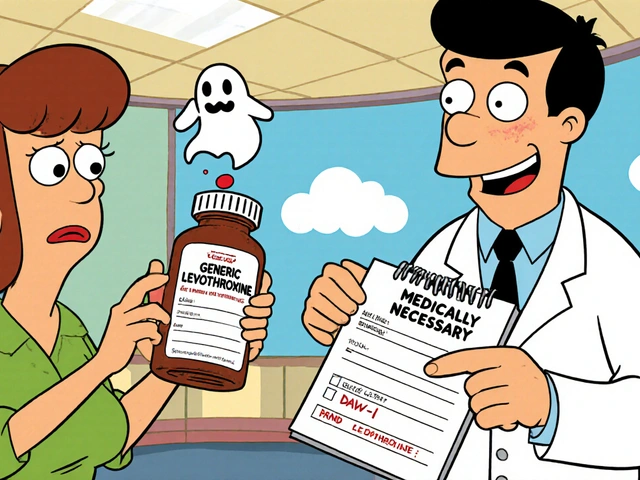Herbal Supplements – What They Are & Why You Might Need Them
Herbal supplements are plant‑based pills, powders, or teas that add extra nutrients or herbs to your diet. People use them to boost energy, support immunity, or help with specific issues like joint pain. Unlike prescription drugs, they don’t need a doctor’s note, but that also means you have to be careful about quality and dosage.
Top Benefits of Herbal Supplements
First off, many herbs contain natural compounds that our bodies recognize easily. For example, turmeric has curcumin, which can calm inflammation, while ginseng may give a mild energy lift without the crash you get from coffee.
Second, they often come with fewer side effects than synthetic medicines. If you’re sensitive to chemicals, a well‑made ginger capsule might be easier on your stomach than an over‑the‑counter anti‑nausea drug.
Third, herbal options are usually cheaper than brand‑name drugs. A bottle of milk thistle can cost less than a month’s supply of prescription liver support, and you can find bulk powders for even lower prices.
How to Pick Quality Products
Start by checking the label. Look for clear ingredient lists, standardized extract percentages, and no hidden fillers like wheat or soy if you have allergies. A reputable brand will show a batch number and an expiration date – never buy something that’s missing those details.
Next, verify third‑party testing. Certifications from groups such as USP, NSF, or ConsumerLab mean the product was checked for purity and potency. You can usually find a link to the test report on the manufacturer’s website.
Read reviews but stay skeptical. Real users often talk about taste, how quickly they felt effects, and any stomach upset. If many people mention the same problem, it might be a red flag.
Finally, start with a low dose. Even natural herbs can interact with meds you’re already taking. For instance, St. John’s wort can affect blood‑thinners, so talk to your pharmacist before adding it to your routine.
By following these steps – read the label, look for testing, check reviews, and start low – you’ll lower the risk of buying a bad product and increase the chance that the supplement actually helps you.
Herbal supplements can be a useful addition to a balanced diet when you choose wisely. Keep an eye on quality, respect dosage, and enjoy the natural boost they can give your health.

St. John’s Wort and Medication Interactions with Prescription Drugs: What You Need to Know
St. John’s Wort may help mild depression, but it can dangerously reduce the effectiveness of warfarin, birth control, antidepressants, and transplant meds. Learn which drugs interact and what to do if you're taking it.

Safe Dosing Guidelines for Herbal Supplements: Practical Tips for Everyday Use
A hands-on guide to dosing and timing herbal supplements. Learn how much to take, when to take it, and what to avoid for safe and effective use.





